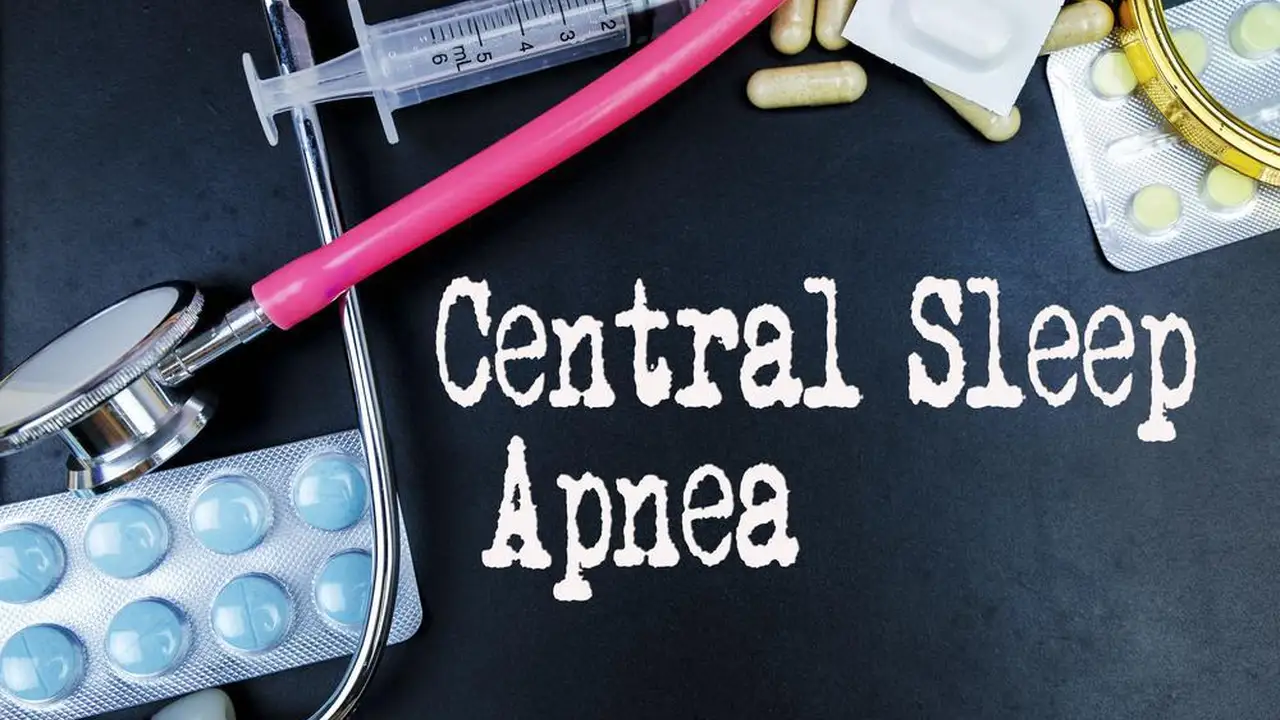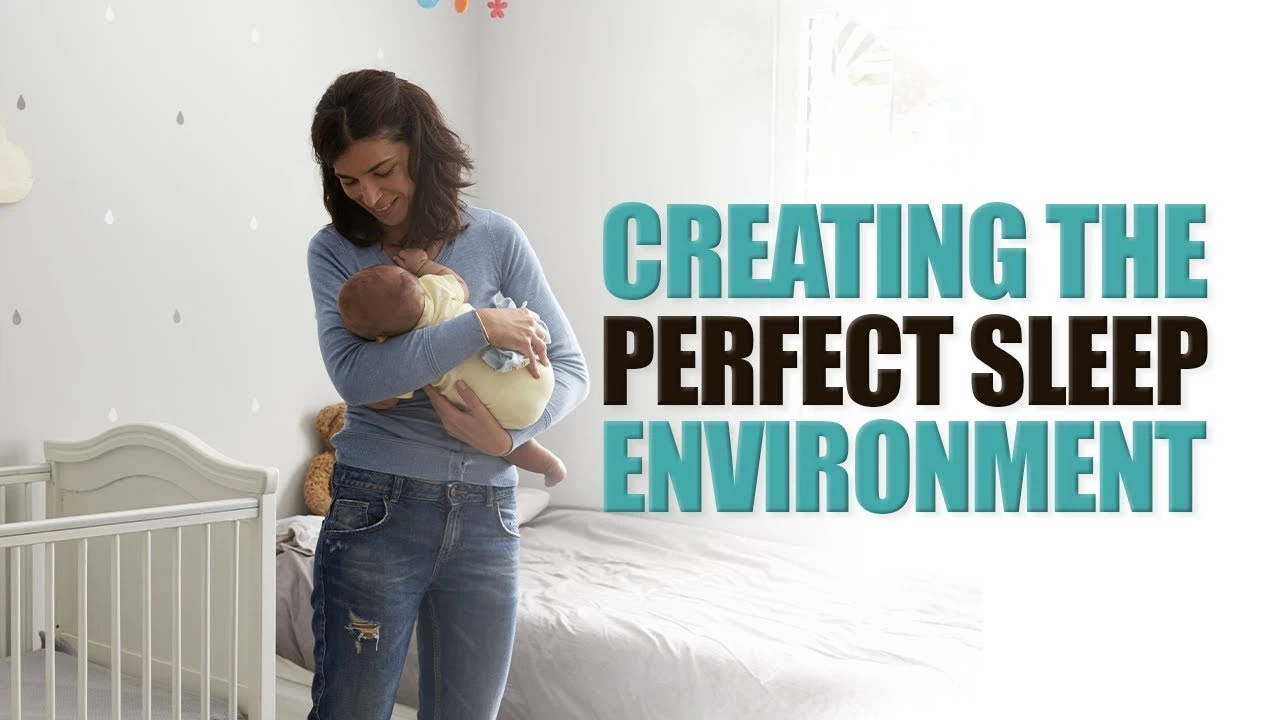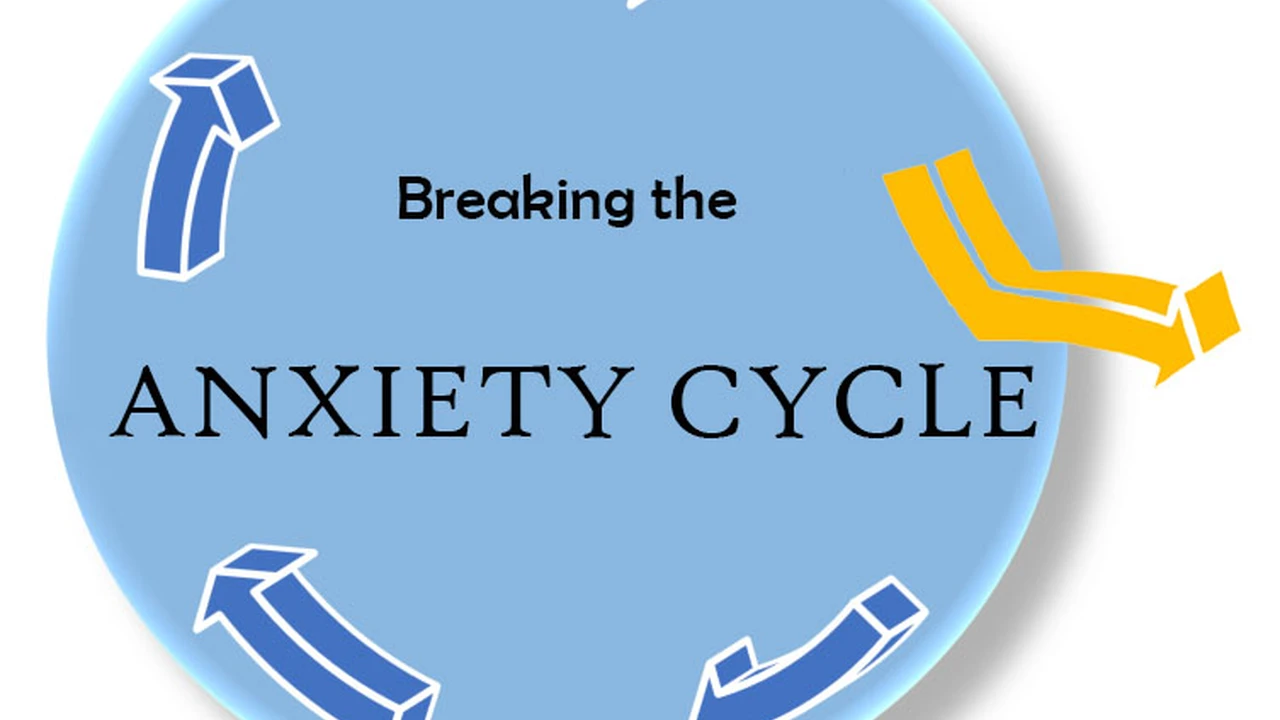Central Sleep Apnea: Causes, Diagnosis, and Treatment
Sample meta description.

Understanding Central Sleep Apnea Causes and Risk Factors
Hey everyone, let's dive deep into Central Sleep Apnea (CSA). It's different from the more common Obstructive Sleep Apnea (OSA). With OSA, your airway collapses. With CSA, the brain just... forgets to tell you to breathe. Seriously! It's a communication problem between your brain and your breathing muscles.
So, what causes this brain-breathing disconnect? There are several potential culprits:
- Heart Conditions: Heart failure is a big one. A weakened heart can affect blood flow to the brain, messing with the respiratory control centers.
- Stroke or Brainstem Issues: Damage to the brainstem (the part that controls breathing) can directly lead to CSA. This is less common but serious.
- High Altitude: Ever notice you breathe differently at higher altitudes? Sometimes, the change in oxygen levels can trigger CSA, especially in people who aren't acclimated. It usually resolves once you come back down.
- Medications: Opioids are notorious for suppressing breathing. If you're taking opioids for pain management, talk to your doctor about the risk of CSA.
- Cheyne-Stokes Respiration: This is a specific breathing pattern characterized by periods of deep, rapid breathing followed by periods of apnea (no breathing). It's often associated with heart failure and stroke. It looks like your breathing waxes and wanes like a tide.
- Idiopathic CSA: Sometimes, doctors can't find a specific cause. It's just...there. This is called idiopathic CSA.
Who's at risk? Well, people with heart failure, a history of stroke, or those taking opioids are at higher risk. Also, older adults are generally more susceptible. Men are also more likely to be affected than women.
Recognizing Central Sleep Apnea Symptoms Early
Okay, so how do you know if you have CSA? The symptoms can overlap with OSA, making diagnosis tricky. Here's what to watch out for:
- Pauses in Breathing During Sleep: This is the hallmark symptom. A bed partner will often notice it. They might say you stop breathing for a while, then gasp or snort.
- Shortness of Breath: Especially when lying down. This is linked to the heart conditions that often cause CSA.
- Fatigue and Daytime Sleepiness: Because you're not getting restful sleep, you'll feel tired all the time. It's that "hit by a truck" feeling, even after a full night (or what you think is a full night) of sleep.
- Headaches: Especially in the morning. The lack of oxygen overnight can cause headaches.
- Difficulty Concentrating: Sleep deprivation messes with your cognitive function.
- Mood Changes: Irritability, depression, and anxiety can all be linked to poor sleep.
- Night Sweats: Some people experience excessive sweating during the night.
- Waking Up Frequently: You might wake up gasping for air, or just restless.
If you're experiencing these symptoms, don't ignore them! Talk to your doctor. They might recommend a sleep study.
Central Sleep Apnea Diagnosis Sleep Studies and Testing
The gold standard for diagnosing CSA is a polysomnography, also known as a sleep study. This is usually done in a sleep lab, where you'll be monitored overnight. Don't worry, it's not as scary as it sounds!
During the sleep study, they'll monitor:
- Brain Waves (EEG): To track your sleep stages.
- Eye Movements (EOG): To identify REM sleep.
- Muscle Activity (EMG): To detect muscle twitches and movements.
- Heart Rate (ECG): To monitor your heart's rhythm.
- Breathing Rate and Effort: Using sensors on your chest and abdomen.
- Oxygen Levels (Pulse Oximetry): To measure the oxygen saturation in your blood.
- Airflow: To see how much air is moving in and out of your lungs.
- Snoring: Because, well, they need to know if you're snoring!
The data collected during the sleep study will help your doctor determine if you have CSA, how severe it is, and what type of CSA you have.
Sometimes, a home sleep apnea test (HSAT) is used as an initial screening tool. These are less comprehensive than in-lab studies, but they can be convenient and cost-effective. However, they are not always accurate for diagnosing CSA, especially if you have other medical conditions.
Central Sleep Apnea Treatment Options CPAP and Beyond
Treatment for CSA depends on the underlying cause and the severity of the condition. Here's a rundown of the common approaches:
- Treating the Underlying Condition: If CSA is caused by heart failure, addressing the heart condition is crucial. This might involve medications, lifestyle changes, or even surgery.
- CPAP (Continuous Positive Airway Pressure): While CPAP is the go-to treatment for OSA, it's not always effective for CSA. However, it can be helpful in some cases, especially if there's an overlap between CSA and OSA (mixed apnea). CPAP delivers a constant stream of air to keep your airway open, but it doesn't address the brain's failure to signal breathing.
- Adaptive Servo-Ventilation (ASV): This is a more sophisticated type of positive airway pressure therapy specifically designed for CSA. ASV monitors your breathing patterns and adjusts the pressure accordingly to ensure you're getting enough air. It's often used for CSA associated with heart failure.
- Supplemental Oxygen: If low oxygen levels are a major concern, supplemental oxygen can be used, especially at night.
- Medications: In some cases, medications like acetazolamide can be used to stimulate breathing.
- Phrenic Nerve Stimulation: This is a newer therapy that involves implanting a device to stimulate the phrenic nerve, which controls the diaphragm (the main muscle involved in breathing). It's an option for people with CSA who haven't responded to other treatments.
- Lifestyle Changes: Avoiding alcohol and sedatives, maintaining a healthy weight, and sleeping on your side can all help improve sleep quality and potentially reduce the severity of CSA.
Product Recommendations for Managing Central Sleep Apnea Symptoms
Okay, let's talk about some specific products that can help manage CSA symptoms and improve your sleep quality. Remember to consult with your doctor before making any significant changes to your treatment plan.
CPAP Machines for Central Sleep Apnea Treatment
While ASV is often preferred for CSA, some CPAP machines can still be beneficial, especially for mixed apnea. Here are a couple of options:
ResMed AirSense 10 AutoSet
Description: The ResMed AirSense 10 AutoSet is a popular and reliable CPAP machine that automatically adjusts the pressure based on your breathing patterns. It's quiet, easy to use, and has a built-in humidifier.
Usage Scenario: Ideal for people with mild to moderate CSA or mixed apnea. It's also a good choice for travelers due to its compact size.
Comparison: Compared to the Philips Respironics DreamStation Auto, the ResMed AirSense 10 AutoSet is generally considered to be quieter and more user-friendly.
Price: Around $800-$1000 (USD).
Philips Respironics DreamStation Auto
Description: The Philips Respironics DreamStation Auto is another excellent CPAP machine with similar features to the ResMed AirSense 10 AutoSet. It also has a built-in humidifier and automatically adjusts the pressure.
Usage Scenario: Suitable for people with mild to moderate CSA or mixed apnea. It's known for its advanced data tracking capabilities.
Comparison: While the DreamStation Auto has great data tracking, some users find the interface less intuitive than the ResMed AirSense 10 AutoSet.
Price: Around $750-$950 (USD).
Adaptive Servo-Ventilation (ASV) Machines for Central Sleep Apnea
ASV machines are specifically designed for CSA and are often the preferred treatment option.
ResMed AirCurve 10 VAuto
Description: The ResMed AirCurve 10 VAuto is an ASV machine that adjusts the pressure support based on your individual breathing needs. It's designed to treat a wide range of sleep-disordered breathing, including CSA.
Usage Scenario: Recommended for people with moderate to severe CSA, especially those with heart failure.
Comparison: The AirCurve 10 VAuto is known for its comfortable therapy and ease of use.
Price: Around $2500-$3500 (USD).
Philips Respironics DreamStation BiPAP Auto SV
Description: The Philips Respironics DreamStation BiPAP Auto SV is another ASV machine that provides personalized therapy for CSA. It monitors your breathing and adjusts the pressure support to ensure optimal ventilation.
Usage Scenario: Suitable for people with moderate to severe CSA, including those with complex sleep apnea.
Comparison: The DreamStation BiPAP Auto SV is known for its advanced algorithms and data tracking capabilities.
Price: Around $2400-$3400 (USD).
Accessories for CPAP and ASV Machines
Don't forget about accessories! A comfortable mask is crucial for successful therapy.
ResMed AirFit F20 Full Face Mask
Description: A comfortable and reliable full-face mask that's suitable for people who breathe through their mouth during sleep.
Usage Scenario: Ideal for people who need a secure seal and are comfortable with a full-face mask.
Price: Around $120-$150 (USD).
Philips Respironics DreamWear Nasal Mask
Description: A nasal mask with a unique design that minimizes contact with the face. It's a good option for people who find traditional nasal masks uncomfortable.
Usage Scenario: Suitable for people who prefer a less intrusive mask and breathe primarily through their nose.
Price: Around $100-$130 (USD).
Other Helpful Products for Better Sleep
Beyond CPAP and ASV, here are a few other products that can help improve your sleep quality.
White Noise Machine
Description: A white noise machine can help mask distracting sounds and create a more relaxing sleep environment.
Usage Scenario: Useful for people who live in noisy environments or have difficulty falling asleep.
Price: Around $20-$50 (USD).
Weighted Blanket
Description: A weighted blanket can provide a sense of calm and security, which can help improve sleep quality.
Usage Scenario: Beneficial for people with anxiety or restless leg syndrome.
Price: Around $50-$200 (USD), depending on the weight and material.
:max_bytes(150000):strip_icc()/277019-baked-pork-chops-with-cream-of-mushroom-soup-DDMFS-beauty-4x3-BG-7505-5762b731cf30447d9cbbbbbf387beafa.jpg)






